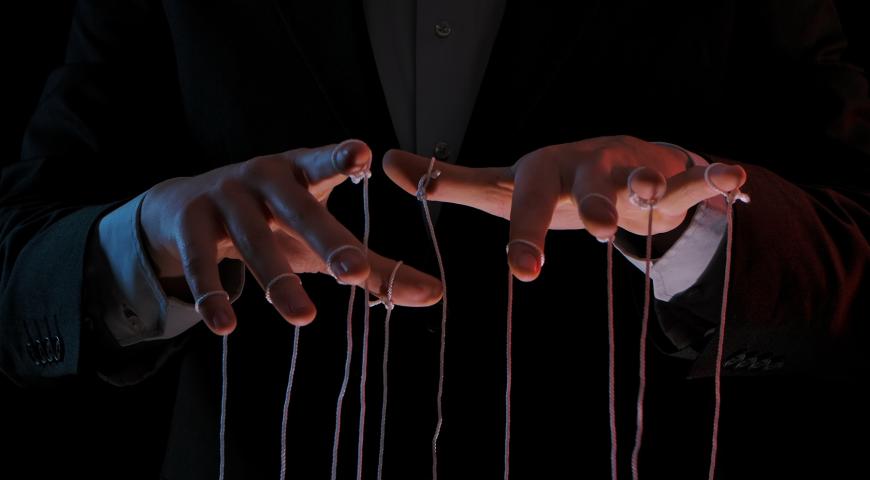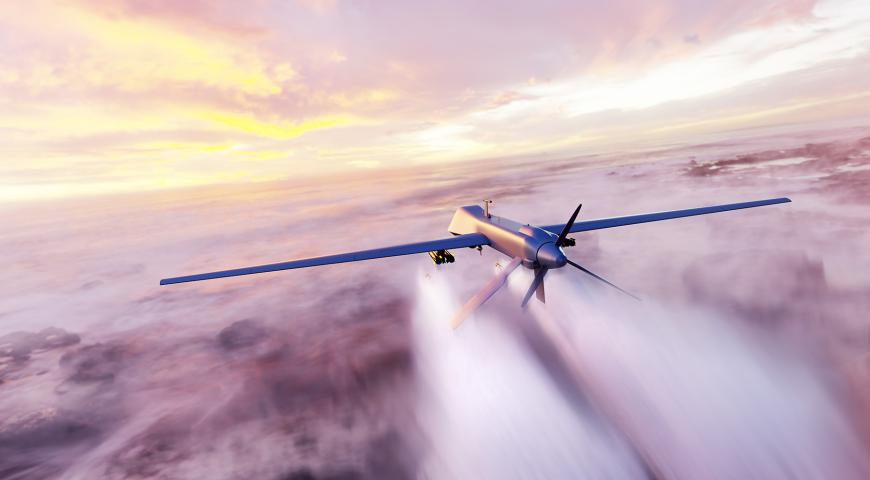The handwritten note from team France to team Germany was clear; “We’re turning on England. You can take Holland with our support. We will take Belgium.” But the promise of betrayal on paper didn’t quite turn out that way as the French army in Burgundy drove straight into Munich the following turn.
Strategic acumen is said to be the agility to change your cognitive frames of reference in the face of stress, confusion and doubt.1 Carl von Clausewitz, in his famous discourse on military genius, used a French term, coup d’oeil, to define it and poetically suggested it resembled ‘some traces of inner light, which lead to the truth.’ 2 In Australia, a study into the demands of military strategic leadership (The Chiefs) also identified strategic acumen, the ability to ‘think differently’ about problems, as an essential attribute of successful leaders. 3 Fostering a mental agility that sheds a guiding light on complex problems reflects the goal of military colleges the world over. However, how to create professionals with both the ability to see the truth of a situation and the resolution to follow that ‘inner light’ in the presence of uncertainty is a disputed field. One method that continues to be recommended and is seeing a resurgence across War Colleges around the world is gaming.
As schoolyard children or during long rainy days at home, games have been central to helping us develop all kinds of mental abilities. Research indicates, they can increase resilience to failure, highlight the value of cooperation or expose an individual’s risk preference. They can also assist with learning about history and economics or allow engagement in flights of historical and economic fantasy that feed creative talents. However, the most significant claim to their value for improving strategic acumen is their ability to develop empathy. By placing the ‘player’ under similar stressors to strategic decision-makers, games force people to spend time in another’s shoes. Arguably, empathy is a key that unlocks the ability of the mind to change its frames of reference, which is a critical attribute of a strategic leader.
Recently, the Defence and Strategic Studies Course at the Australian War College played the game of Diplomacy to highlight and engage its students in the stressors of strategy making in a volatile, uncertain, complex and ambiguous world. Although notorious as the ‘game that destroys friendships’, Diplomacy is a useful tool to investigate two key issues for military strategists: conflict as an uncertain, multi-sided affair, and the power of negotiation. The game abstractly reflects the strategic situation in Europe at the end of the 19th century where nation states compete in an anarchical political situation and no one state is individually more powerful than another. The consequence is a game that highlights the impact of shifting alliances, mutual interest and trust on the psychology of the players as they adapt to ever changing circumstances. Perfect as a battlefield for developing strategic acumen.
Diplomacy Breaks the Paradigm of Simplistic Competition
The Russian team sighed with relief when passed the note from the German team that there would be no threat from central Europe. Now they only had to worry about the Turkish force, the Austro-Hungarian army and the English fleet on their borders. But why was that German army still moving east…
Most military action is thought about in a tactical environment where only two sides compete. The classic blue and red symbols on a map. This shapes the military “player” to limit their thinking to being linear and focus their energy on one objective - overcoming the enemy – often to the exclusion of other goals. Such focus is, arguably, the necessity of the tactical thinker who is looking to solve a very immediate and specific problem. Strategists rarely operate in a two-sided linear competition and so must learn to think differently.
In games and situations of more than two sides strategic acumen must come to the forefront. Inherent to multi-sided games of conflict is that each player alone is heavily outnumbered by the combined force of the other players and must do something to redress the balance. In acting to redress the balance, the situation changes and the player is faced with another imbalance dilemma. In classical international relations theory, most countries are in this multi-sided, endless dilemma. For nations, the goal is to even the odds as much as possible such that the use of national power is undertaken considering relative advantage in both the short and long-term. In Diplomacy the goal is the same. Players must compete for dominance of the board from a position of relatively equal military strength but unequal geographic circumstances. An army in London is not the same as an army in Paris or Moscow and every state on the diplomacy board has unique strategic dilemmas. How the path to victory is navigated is up to players and the dialogue they develop as the situation changes from turn to turn.
This multi-sided conflict takes most people, and military officers in particular, out of their comfort zone. It forces them to think through, or be confronted by, second and third order consequences of their actions from two, three or up to six different competing parties. Every turn generates a unique situation that changes the balance of power and reveals new sources of disadvantage and advantage. The shifting nature of the competition and the seemingly endless variety of threats and opportunities is what makes playing Diplomacy such a challenge and therefore a great tool for improving strategic acumen. Players must reassess alliances, deals and relative power on a continuing basis which is exactly how we need strategic leaders to approach real world dilemmas.
Diplomacy Reinforces the Power of Negotiation
When the Austro-Hungarian team realised that the Russian team had reneged on their neutrality deal and had launched a surprise attack into Budapest, syndicate comradery vanished in stormy silence and a flurry of diplomatic envoys to Turkey and Germany…
Not surprisingly, many military officers at the Australian War College don’t demonstrate a predisposition for negotiation as a means to achieving ends. This may be the military’s cultural preference for individuals with a “bias for action” over those with a bias for persuasion or simply that decades of tactical training rarely involved negotiating with an enemy. The binary nature of tactical military training, as discussed above, works against viewing negotiation as a valuable skill. This is where the game of Diplomacy can assist the would-be strategist in reframing their cognitive approach to complex problems. In the game you can never be certain of the success of your moves despite a clear understanding of your existing resources, but you can always influence the context of your situation by talking with everyone. The art of negotiation in Diplomacy is to ensure that, regardless of the current turn’s tactical outcome, the player is in a better position to act with advantage in a subsequent turn.
Negotiation is about mutual interest, and in Diplomacy everyone has something to offer regardless of their circumstances. Negotiating from a position of strength is always preferable, but strength or a position of power is relative and heavily influenced by perception. Negotiating from a position of actual weakness can be highly successful if the relative position is perceived as offering something of mutual interest to all parties – an enemy of my enemy is my frenemy arrangement. Negotiating in Diplomacy is not like horse-trading or haggling; it is more appropriately a matter of persuasion and the perception of value in an agreement.
Diplomacy teaches the would-be-strategist that rarely will they overcome an enemy with brute strength. There are just too many players for such simplistic strategies. Like the real world, persuasion in Diplomacy is about making others believe an action, or inaction, is in their best interests regardless of the results. Securing incremental and ongoing advantage based on mutual interest in a world where competition is perpetual is the goal; and the best tool is often negotiation rather than force. Learning to find, or create, a basis for mutual interest in all situations and then convince others of their validity is an outcome that is difficult to find in history books or those on international relations theory. The immersive nature of the game and its ability to provide an empathetic connection between players facing similar dilemmas is a highlight of using this form of education at the Australian War College.
The resurgence of gaming at War Colleges and other institutions with similar educational outcomes is opening up a world of opportunity for addressing learning outcomes in innovative ways. Games have the ability to generate experiential activities that involve our intellect and our emotions and enhance how we engage with learning materials. Diplomacy is an “oldie but goodie” that creates a genuine multi-sided dilemma where force is not the only measure of power. It is easy to learn, simple to play and emotionally engaging. More importantly, however, it creates an environment where the strategist can practice their strategic acumen - an extremely important outcome of the Australian War College experience.
Colonel Darren Huxley is a Syndicate Director for the Defence and Strategic Studies Course at the Australian War College. As a career infantry officer his interests include military history, national power and, of course, gaming for social and educational outcomes.
1 Leonard Wong, et al. Strategic Leadership Competencies, (Carlisle: Strategic Studies Institute, 2001), 6.
2 Carl von Clausewitz, On War, Book 1 Chapter III as translated by JJ Graham (London: N. Trubner, 1873) and published on the Clausewitz Homepage https://www.clausewitz.com/readings/OnWar1873/BK1ch03.html#a
3Nicholas Jans, et al. The Chiefs: A study in Strategic Leadership, (Canberra: Australian Defence College, 2013), 76.
Please let us know if you have discovered an issue with the content on this page.
Comments
Start the conversation by sharing your thoughts! Please login to comment. If you don't yet have an account registration is quick and easy.




